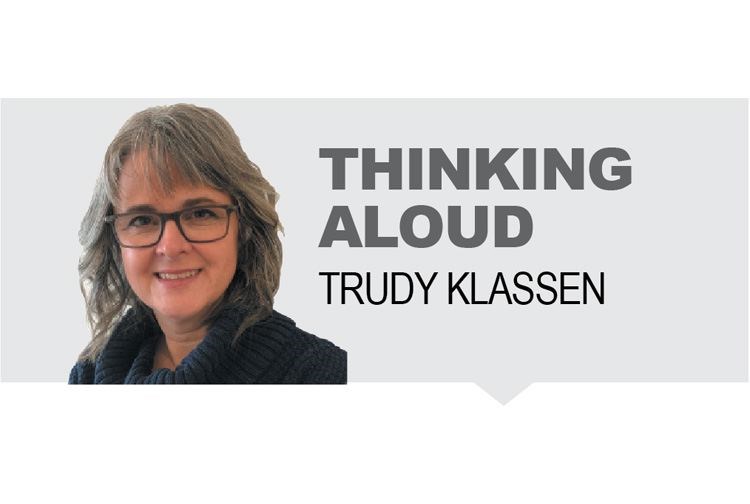For the past several weeks, the average Canadian has probably learned more about the Indian Act, matriarchs, hereditary chiefs, Indigenous systems of law and the United Nations Declaration on the Rights of Indigenous Peoples (UNDRIP) than they ever knew existed.
UNDRIP was announced with great fanfare. This resulted in partly unjustified expectations and fears, because some people saw it as a new era. In some ways, it may be, simply because the adoption of UNDRIP brings more attention to the rights of Indigenous peoples.
Occasionally, protesters interviewed in the news seemed to think that UNDRIP (adopted in B.C. as Bill 41,) granted entirely new rights to Indigenous people. However, there are no "new-to-Canada" rights in it. This would explain why it passed fairly quietly and unanimously in the B.C. Legislature. The rights had already been granted, first, in Section 35 of our Constitution, and various subsequent Supreme Court decisions like Delgamuukw.
Since UNDRIP has been frequently cited in the last few weeks, I have spent quite a bit of time trying to understand the legislation. I was struck by how sensible UNDRIP seems. I was also struck by what I didn't see.
I didn't see a call for the superiority of one culture over the other. Rather, it begins by affirming that all people groups should be considered equal. Indigenous peoples should have the same rights to their culture, language, and history, as the non-Indigenous (do. I have heard influential people reference UNDRIP as a reason for stripping away non-Indigenous culture. When asked to show where UNDRIP supported that, they couldn't find any, so they modified their argument to a more conciliatory one. This was a win for everyone in these tense times.
I don't see that being Indigenous means being forced to provide for your family using only traditional means. What I found is that they have equal rights to participate in the economy.
I didn't see that honouring Indigenous rights means no development in traditional territories. Projects in the state interest can proceed over their land, but with prior, informed consent. I don't know how decisions are to be made on land use when there is internal conflict about it.
I didn't see that non-Indigenous peoples should leave so that Indigenous people can enjoy full rights. I am very glad, because in my case, I would have nowhere to go, as I have no other real "homeland." My ancestors left Holland in the 1500s, due to persecution, moved to Russia, then in the 1870s they moved to Canada after the Russian government reneged on their agreement.
I didn't see anything that declares that non-Indigenous culture, institutions, history, etc. should be removed and replaced with Indigenous culture etc. Instead, Article 5 states: "Indigenous peoples have the right to maintain and strengthen their distinct political, legal, economic, social and cultural institutions, while retaining their right to participate fully, if they so choose, in the political, economic, social and cultural life of the State."
That's my basic understanding of what's not there. Perhaps I have missed something, so I encourage people to read UNDRIP for themselves. I am happy to be corrected.
https://www.leg.bc.ca/parliamentary-business/legislation-debates-proceedings/41st-parliament/4th-session/bills/third-reading/gov41-3



